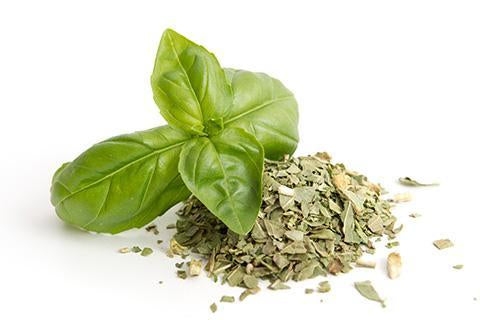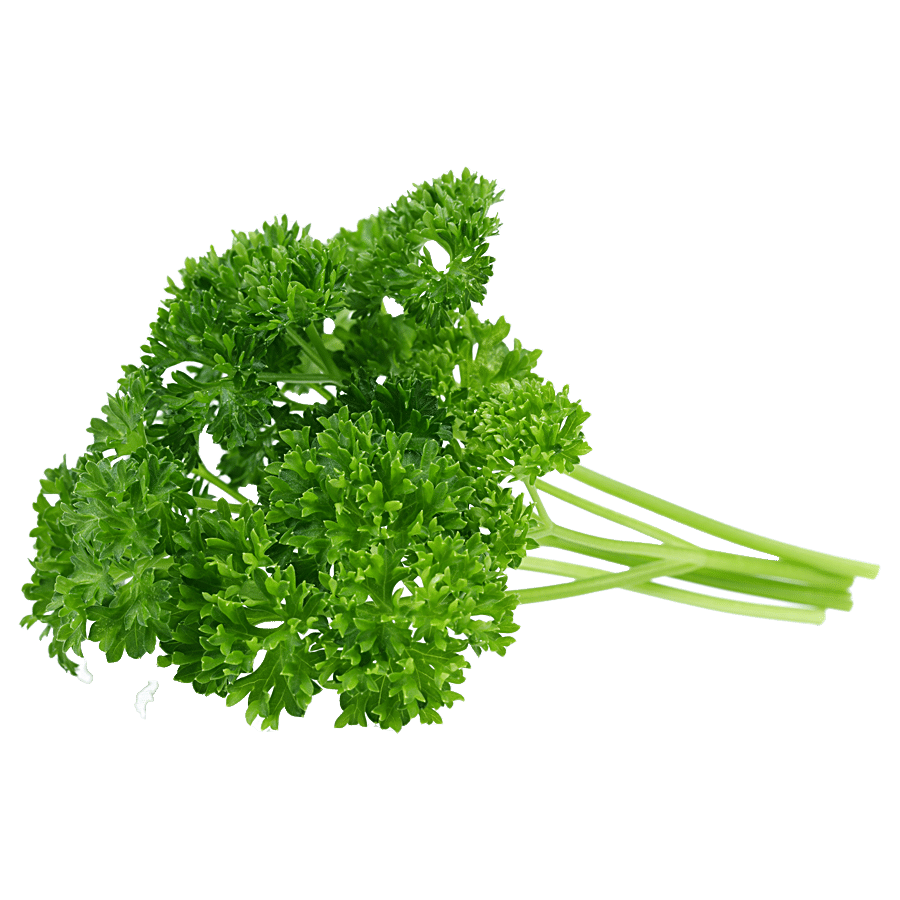ANCIENT SECRETS TO LONG LIFE AND HEALTH
Spices and herbs since the ancient world were not only valued for their flavors but also for their potential health benefits. While the scientific understanding of their effects was limited at the time, ancient cultures recognized the positive impact of certain spices and herbs on overall well-being that promotes long life till old age . Here are some spices and herbs that the ancient world believed to contribute to health and longevity and common usages of the herbs/spices :
- Health Benefits: Basil contains antioxidants and volatile oils that have anti-inflammatory and antimicrobial properties. It may also help promote digestion and reduce stress.
- Usage: Basil is commonly used in Italian and Thai cuisines. It can be used fresh in salads, pasta dishes, and pesto sauces. Dried basil can be added to soups, stews, and sauces.
- Health Benefits: Oregano is rich in antioxidants and has antimicrobial properties. It may help boost the immune system and has potential anti-inflammatory effects.
- Usage: Oregano is commonly used in Mediterranean and Italian dishes such as pizzas, pasta sauces, and grilled vegetables. It can be used fresh or dried.
3. Thyme:
- Health Benefits: Thyme contains antioxidants and has antibacterial properties. It may help support respiratory health, aid digestion, and have potential anti-inflammatory effects.
- Usage: Thyme is used in a variety of dishes, including soups, stews, roasted meats, and poultry. It can be used fresh or dried.
Health Benefits: Rosemary is rich in antioxidants and has anti-inflammatory properties. It may help improve memory and concentration, promote digestion, and have potential antimicrobial effects.
- Usage: Rosemary is often used to flavor roasted meats, poultry, and potatoes. It can also be used in marinades, bread, and vegetable dishes. Both fresh and dried rosemary can be used.
Health Benefits: Dill contains antioxidants and has antimicrobial properties. It may help promote digestion, reduce bloating, and have potential anti-inflammatory effects.
- Usage: Dill is commonly used in pickles, salads, fish dishes, and creamy sauces. Fresh dill is preferred, but dried dill leaves can also be used as a substitute.
- Health Benefits: Cilantro has antioxidants and may have antimicrobial properties. It may help aid digestion, reduce inflammation, and have potential detoxifying effects.
- Usage: Cilantro is used in various cuisines, including Mexican, Indian, and Middle Eastern. It is used in salsas, curries, chutneys, and as a garnish for soups and salads. The dried seeds (coriander) are used as a spice in many dishes.
- Health Benefits: Parsley is rich in vitamins and minerals and has antioxidant properties. It may help support heart health, promote digestion, and have potential diuretic effects.
- Usage: Parsley is commonly used as a garnish and also adds flavor to a variety of dishes such as salads, soups, stews, and sauces. It can be used fresh or dried.
- Health Benefits: Sage contains antioxidants and has antimicrobial properties. It may help improve memory and cognitive function, support oral health, and have potential anti-inflammatory effects.
- Usage: Sage is often used in savory dishes such as roasted meats, stuffing, sausages, and creamy sauces. It can be used fresh or dried.
- Health Benefits: Marjoram has antioxidant properties and may have antimicrobial effects. It may help support digestion, reduce inflammation, and have potential calming effects.
- Usage: Marjoram is commonly used in Mediterranean and European cuisines. It adds flavor to dishes such as soups, stews, roasted vegetables, and tomato-based sauces. It can be used fresh or dried.
- Health Benefits: Tarragon contains antioxidants and has potential antimicrobial effects. It may help improve appetite, aid digestion, and have potential anti-inflammatory properties.
- Usage: Tarragon is often used in French cuisine and pairs well with fish, poultry, eggs, and vegetables. It can be used fresh or dried and is commonly used in sauces, dressings, and marinades.
- Health Benefits: Mint has antioxidant properties and may have antimicrobial effects. It may help support digestion, soothe an upset stomach, and have potential analgesic (pain-relieving) effects.
- Usage: Mint is commonly used in both sweet and savory dishes. It adds freshness to salads, desserts, beverages, and savory dishes such as curries and sauces. It can be used fresh or dried.
- Health Benefits: Chives contain antioxidants and may have antimicrobial properties. They are a good source of vitamins and minerals. They may help support digestion, boost immunity, and have potential anti-inflammatory effects.
- Usage: Chives are often used as a garnish and add a mild onion-like flavor to a variety of dishes. They are commonly used in salads, soups, sauces, and potato dishes. They are best used fresh but can be used dried as well.
These herbs/spices offer unique flavors and aromas to enhance various culinary preparations. Additionally, they do provide potential health benefits when incorporated into a balanced diet. Remember to use herbs and spices in moderation and based on personal taste preferences.
However,it's important to note that while these herbs/spices have potential health benefits, they are most effective when consumed as part of a balanced diet. Individual results may vary, and it's always a good idea to consult with a healthcare professional for specific health concerns or conditions so as to know how to enjoy the best of them .
Love you all.











So amazing tips. Thanks.
ReplyDelete